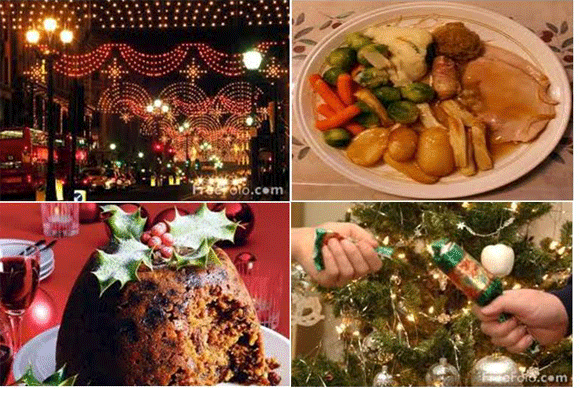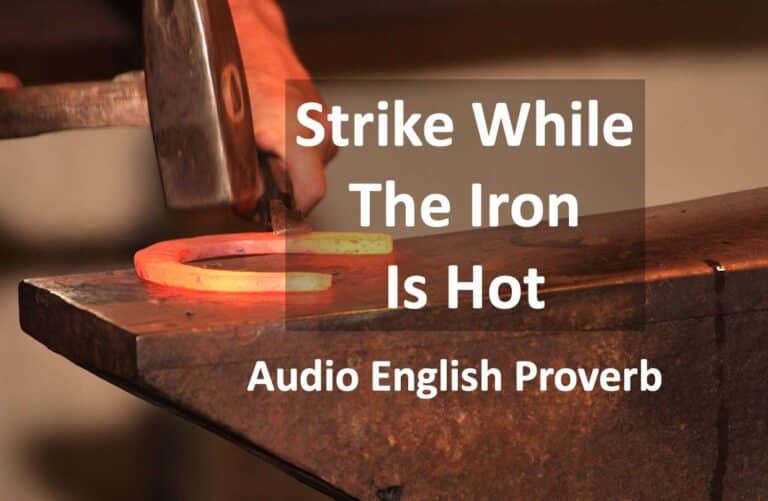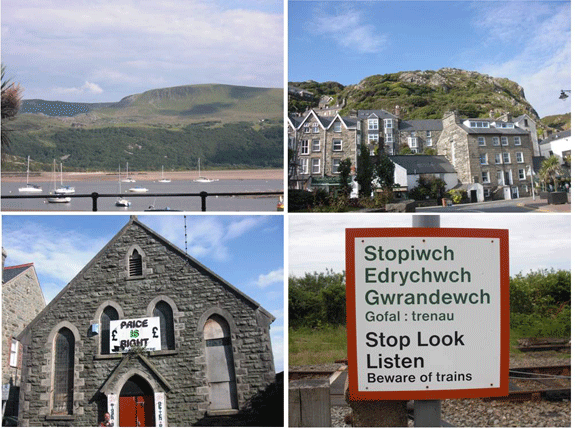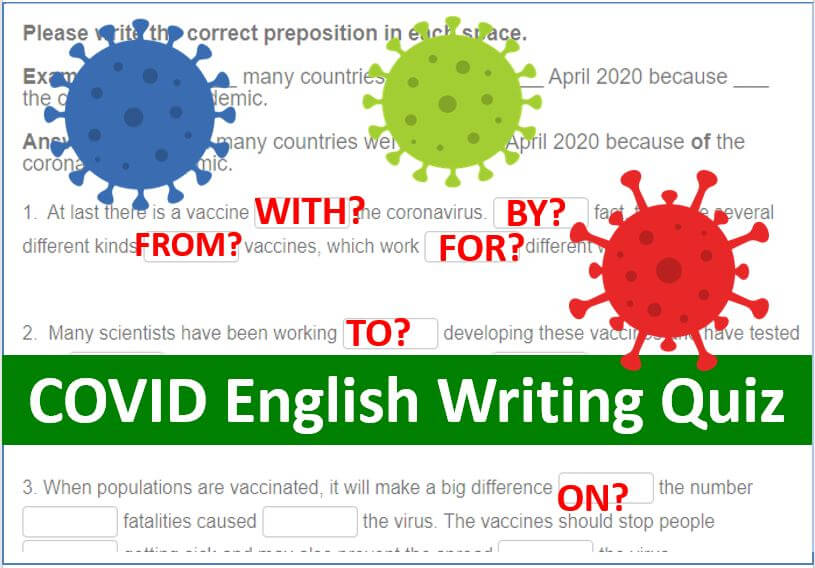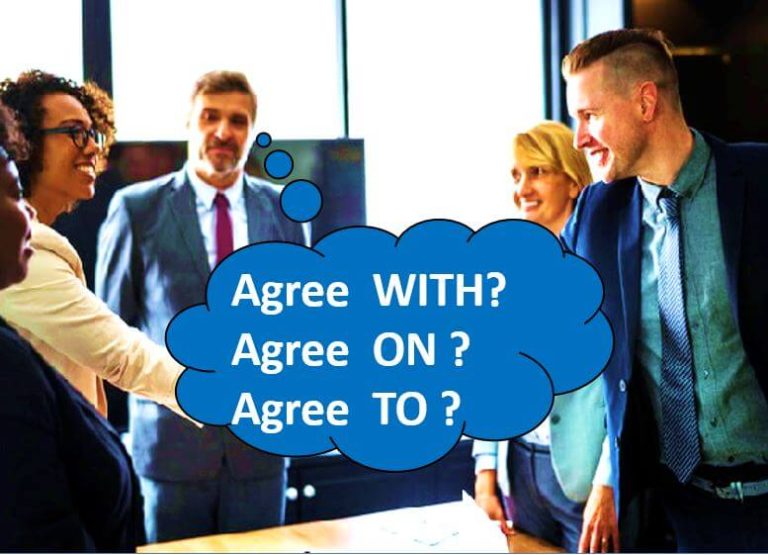English vocabulary to describe royalty – the Queen’s Diamond Jubilee

.
If you live in the UK, you will know what I mean when I say that Diamond Jubilee fever has gripped the nation in the last 7 days! (This was in 2012)
There has been a 4-day party and one very happy-looking old lady smiling out of our TV screens and thanking us for celebrating her 60 years as Queen Elizabeth II.
No matter where you live in the world, perhaps you have seen something about this Jubilee on the TV news. So in this blog, I’ll tell you a little about it.
You can also learn some common words and phrases related to royalty in the Audio Word Study. So, let’s start off with the Queen’s Diamond Jubilee!
The Queen’s Diamond Jubilee
by Jane Lawson at DailyStep.com
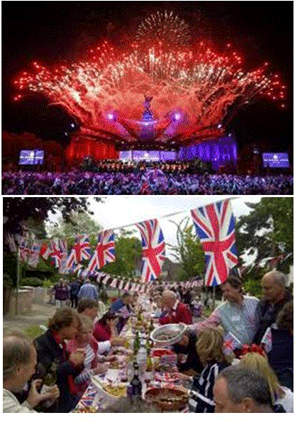
.
Queen Elizabeth II (Queen Elizabeth the second) has been on the throne for 60 years, and in Britain there has been a 4-day party to celebrate, with an extra public holiday in honour of the Diamond Jubilee.
Only one other British monarch has lived long enough to celebrate a Diamond Jubilee, and that was Queen Victoria, who reigned from 1837 to 1901.
.
On Sunday 4th June, over 1 million people stood by London’s River Thames to watch the Royal River Pageant, the first for over 300 years, in which the Queen and the Royal family moved in procession along the Thames on a royal barge, accompanied by over 1000 other boats.
Unfortunately, the weather was awful, but this did not stop the crowd’s enthusiastic cheering and flag waving, which were a constant feature in London over the Jubilee.
.
On Monday there was a pop concert outside Buckingham Palace, the Queen’s London residence, watched by a huge crowd in the streets and parks nearby.
The light shows and firework display were truly spectacular, and they made Buckingham Palace, usually a place of rather stuffy and formal tradition, suddenly look very cool for the night – as you can see in the top picture!
Also, 4000 beacons were lit in the UK and around the world. In the old days, the lighting of beacons, which are basically fires on hilltops, was the only way to spread news quickly – there were no telephones then!
.
During the Jubilee, around 10,000 street parties were held by groups of friends and neighbours. You can see one street party in the bottom picture.
These parties are a great side to the Queen’s Jubilees – they really do bring people together. I am old enough to remember the Queen’s Silver Jubilee in 1977 (though I was a young child then) and will always remember the way our whole village got together for parties, celebrations and fireworks. It was great fun!
.
I was surprised to hear that sales of Union Jack flags are 50% higher for the Diamond Jubilee than they were for the Golden Jubilee in 2002, when the Queen celebrated 50 years on the throne.
I guess this pleases the Queen greatly, as it shows that, for now at least, the monarchy is becoming more popular.
There could be many reasons for this – perhaps the wedding of Prince William and Kate Middleton, or the fact that this 86 year old woman has been doing her job with such dignity for so long, and is a symbol of national continuity in a rapidly changing world, or perhaps it is also to do with the fact that we seem to trust politicians less and less, and their relationships with the media tycoons (such as Rupert Murdoch) that help to keep them in power are currently the subject of a judicial inquiry in Britain.
Perhaps it is just that we needed a good party to cheer everyone up in this age of austerity!
.
Now, let’s move on to our Audio Word Study, where I will teach you some words and phrases related to royalty.
Here is Audio Word Study #049 from Jane Lawson at DailyStep.com
.
As it is the Queen’s Diamond Jubilee, I am going to teach you some expressions related to Royalty in this Audio Word Study.
.
How many of these words and phrases can you use correctly?
Reign (verb or noun)
Meaning: If you reign, you are queen or king of a country. In that case, your reign is your period of ruling. (note: ‘reign’ has a silent letter G.)
Examples: 1. Queen Elizabeth II has reigned over the United Kingdom for 60 years. (note: here, ‘reign’ is a verb.)
2. The reign of Queen Elizabeth has lasted for 60 years so far, but is still not as long as the reign of Queen Victoria, which was 63 years long. (note: here, ‘reign’ is a noun.)
.
Crown (verb or noun)
Meaning: A crown is a circular decoration for the head, usually made of gold and jewels, and is worn by a king or queen at official ceremonies. When a king or queen is crowned, this is the moment that they become the monarch.
Examples: 1. The Queen does not wear her crown every day. It is usually kept in the Tower of London, where many visitors can see it on display. (note: here, ‘crown’ is a noun.)
2. Princess Elizabeth was crowned Queen in 1953 at the age of only 25. (note: here, ‘crown’ is a verb.)
.
Coronation (noun)
Meaning: The ceremony at which a king or queen is crowned.
Examples: 1. The Queen’s coronation in 1953 was a spectacular state event. It was watched on TV by over 20 million people in Britain, and for many of them this was the first time they had ever watched television!
2. Coronation Chicken is a dish that was created for the Queen’s coronation in 1953 and is still served today. It is a cold chicken dish served with a creamy sauce made from mayonnaise and curry paste.
(note: for many years, this dish was considered old-fashioned but for the Diamond Jubilee it has suddenly become popular again – and was served by a famous British chef in the picnic hampers at the Diamond Jubilee pop concert.)
.
Throne (noun)
Meaning: A throne is the special, ornate chair that is used by a king or queen.
Examples: 1. Queen Elizabeth has been on the throne for 60 years. (note: of course, she has not been sitting on her throne all that time, in fact she only uses it for special occasions, but ‘to be on the throne’ means ‘to be monarch.’)
2. Prince Charles, the Prince of Wales, is first in line to the throne, also called heir to the throne, so when the Queen dies he will be crowned king.
His son, Prince William the Duke of Cambridge, is currently second in line to the throne, but when the Queen dies and Charles becomes King, William will be first in line to the throne.
.
Monarch and Monarchy (nouns)
Meaning: A monarch is a king or queen. A monarchy is a country that has a king or queen. Most monarchs these days do not have any power.
Examples: 1. Queen Elizabeth became monarchwhen her father died unexpectedly in 1953. Her father had become monarch when his brother, King Edward the Eighth (King Edward VIII) abdicated in 1936 so that he could marry Wallis Simpson, an American divorcee. (note:’ to abdicate’ means ‘to officially resign as king or queen’)
2. The UK is a constitutional monarchy, in which the Queen is still Head of State, but has very limited ceremonial powers.
.
Now, try to write your own sentences using all these royal expressions. That is all for Audio Word Study #049 on DailyStep.com.
If you enjoyed my Audio Blog, please share it. Thank you 🙂
How to speak English fluently and understand fast English
DailyStep English Audio Lessons are designed to help you learn to speak and understand English at the speed that we speak it.
No matter how good your English is, you need to be able to follow a fast conversation in order to participate.
DailyStep English courses are fully accredited and you can get an internationally-recognised certificate for your CV or resume.
How to use your lessons:
How to slow the audio:
How to Start Daily Audio Lessons
✔ Daily Audio Lessons + Premium Audio in my Blog Library
✔ Your lessons never expire – you can take them again any time
✔ Change your level any time
✔ 100% happy or your money back!

